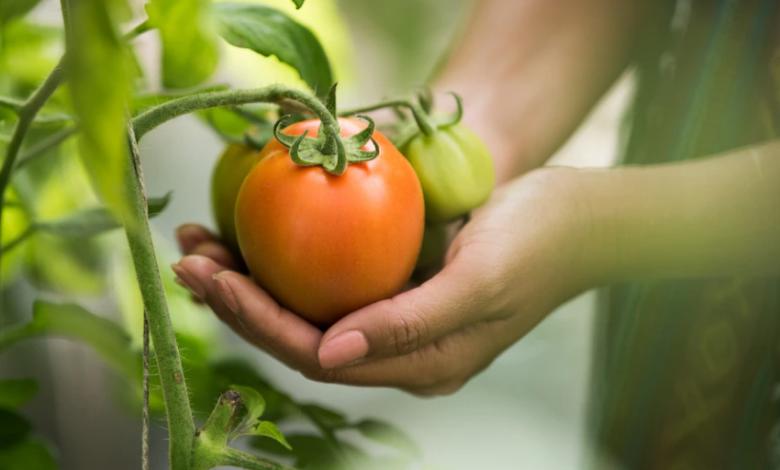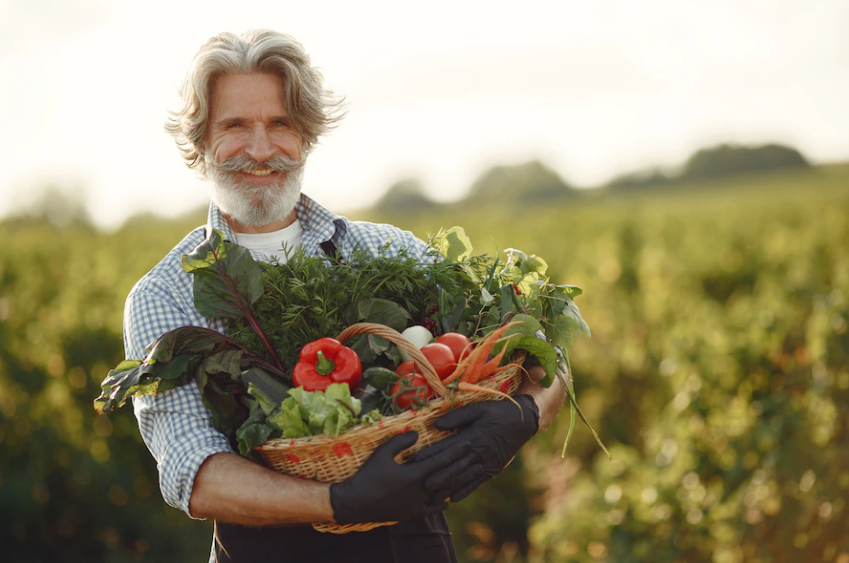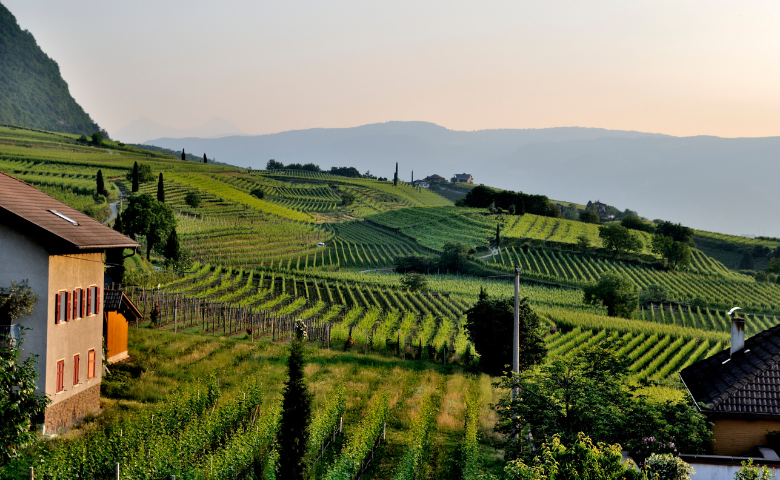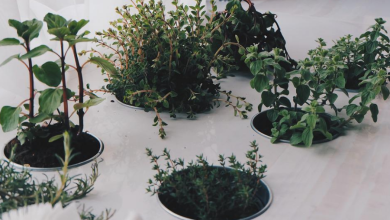10 Reasons To Choose Biodynamic Farming
There are many reasons to choose Biodynamic Farming over the conventional Farming process and the organic methods, and here is why.

These days, biodynamic farming is on the rise because when cultivating crops, biodynamic approaches incorporate the land’s life force and natural elements, resulting in a more biologically harmonious environment and thus more effective farm management.
Read further to learn more about biodynamic farming and how it will revolutionize your farming experiences if you choose it.
What Is Biodynamic Farming?
Biodynamic farming is a type of alternative agriculture that focuses on farming, food, and gardening from an ecological and ethical standpoint.
Grazing cattle, planting crops, and nutrient-draining vegetation deteriorates the soil quality over time in traditional farming, which includes both conventional and organic farming. Biodynamic agriculture makes efficient use of your farm’s natural energy while maintaining and restoring ecological balance and organic harmony to your farmland or garden. Moreover, biodynamic farming offers a long-term sustainable approach to agriculture that will only enhance over time.
Why Should You Opt For Biodynamic Farming?
The concept of biodynamic farms brings a wide range of benefits to the table, and here are a few of the many reasons why you should opt for it:
1. Self-Sustaining and Sustainable
A biodynamic farm is self-sustaining in the sense that it is in charge of bringing new life onto the farm to satisfy demands. Moreover, it also encourages sustainability in its agricultural operations. It all comes down to thinking and acting with the future in mind and safeguarding the limited natural resources at hand.

2. All Natural
Being all-natural is advantageous since it indicates high-quality, nutritious produce. It implies that no dangerous chemicals or dubious farming practices are involved in crop production that could cause sickness. Thus, consumers benefit from more nutritious and tastier food produced by natural agricultural methods.
3. Mouth Watering and Nutritious Produce
The soil is managed and nourished with sustainable procedures by employing responsible standards. Organically cultivated food has more nutrients—vitamins, minerals, enzymes, and micronutrients than commercially cultivated food.
4. Keeping Our Ecosystems Safe
Biodynamic farming promotes farming that is in tune with nature and uses ecologically friendly methods. Practices such as crop rotation and soil preservation ensure that the farming land stays healthy and free of toxic chemicals. Wildlife, birds, insects, and soil creatures are all essential components in keeping the earth, crops, and farms running well, and thus they need to get the proper care.
5. Encourages Agricultural Diversity
Today’s widespread extinction of species is a major environmental concern. In the last century, agricultural crops have lost 75 percent of their genetic variety. Now, this is a recipe for disaster if you rely just on one or two types of a particular food.
Most industrial farms nowadays grow only one crop on a single plot of land rather than a variety of crops. Crop rotation is a simple and successful pesticide-reduction and soil-fertility-improvement practice used in organic agriculture.
Most conventional food is also heavily hybridized in order to produce enormous, handsome specimens rather than a diverse range of indigenous strains that are tolerant of area conditions like droughts and pests. Many biodynamic farms grow a vast array of foods, taking into account natural components and time-tested tradition.
Survival necessitates diversity, and biodynamic agriculture proves that.
6. Free-Range and Pasture-Fed Products
Antibiotics, growth promoters, anti-parasite pharmaceuticals, and a variety of other medications are administered to intensively farm dairy cows and farm animals on a daily basis. Consumers of these meat and dairy products are exposed to these medications and may face a lot of health repercussions because of this.
Biodynamic farming provides the necessary nourishment for the farm animals and those who consume them. Animal products that are certified organic must be hormone and antibiotic-free, as well as pasture-fed and free-range.
Organically grown animals are also guaranteed to meet the most excellent welfare standards, with lots of room to graze naturally on organic pasture.
7. Composting
Compost and crop and grazing rotations are used in biodynamic farming to create healthy soil. This is a distinguished process that uses medicinal plant-based treatments to increase the microbial life required for soil fertility (which is suppressed by chemical fertilizer).
The compost preparations are designed to promote a balanced decomposition process. It allows the volatile nitrogen in the composted matter to be stabilized and fixed. They have the effect of keeping the breakdown process in check and preventing nitrogen loss.
8. Climate Change Combatants
Biodynamic farms can store more carbon in their soil than conventional farms, owing to the humus in their soil. This means that less carbon is discharged into the atmosphere. Biodynamic farms contribute less to the effects of climate change by just respecting the environment and maintaining their structure.

9. Secure Future for Everyone
By choosing organic food, you can help ensure a sustainable future for the many, many generations to come, as food is the source of our existence. If you want your children and grandkids to grow up healthy and happy, able to explore the countryside and play in the forests and fields as you did when you were a youngling, choose biodynamic farming.
10. Planting With the Help of the Moon, Stars, and Planets
While the lunar calendar has been considered in traditional farming for eons, the biodynamic calendar also takes constellations and planetary alignments into consideration.
Biodynamic farming is driven by astrology, which determines the right time for plantation. The moon influences soil moisture in the same way it controls tides. As the moon approaches a farm, it draws moisture to the soil’s surface, where it can be used most effectively by crops that aid in seedling planting. Root crops can benefit from the reduced water level in the soil as the moon advances farther from the Earth’s surface. As a result, seeds germinate faster, plants grow faster, and harvests are more plentiful.
The Bottom Line
Not only does biodynamic farming boast a wide range of benefits for us humans, but it is also highly beneficial for the environment. So, be wise and go organic for a more genuine, pleasant, and cost-effective future.
Check more of our content down below –
Smile Orthodontics – 7 Ways Healthy Smile Affects Your Career Success
Being Mindful of the Present : Top Tips for Living in the Now





